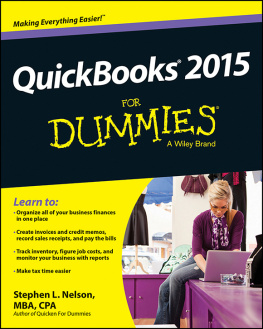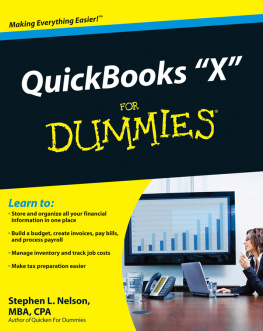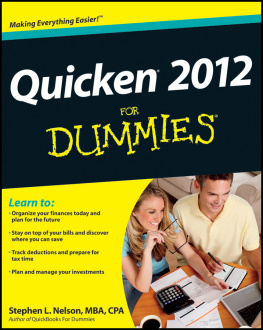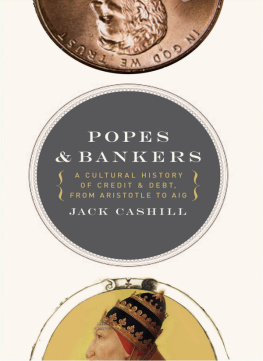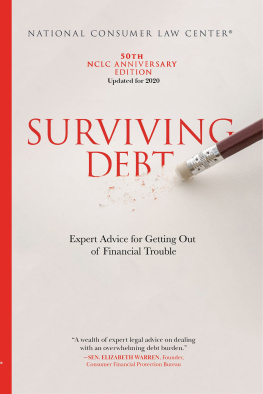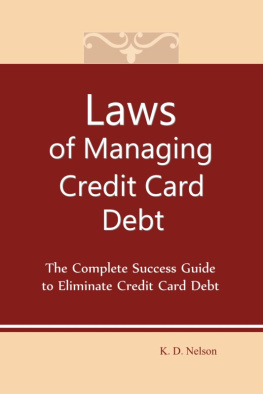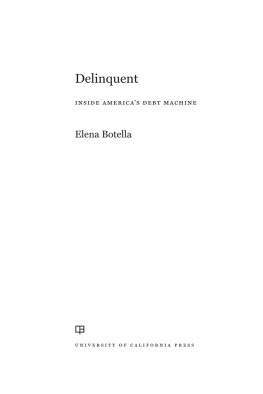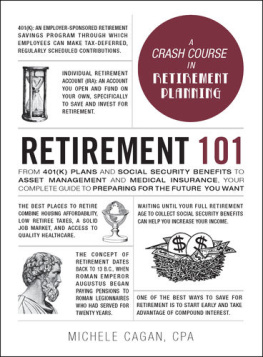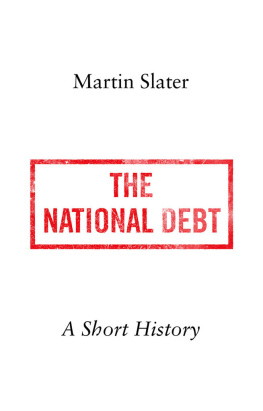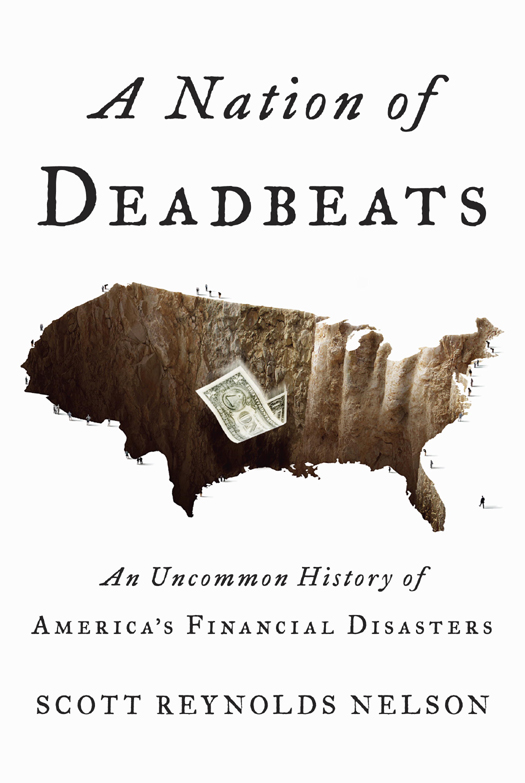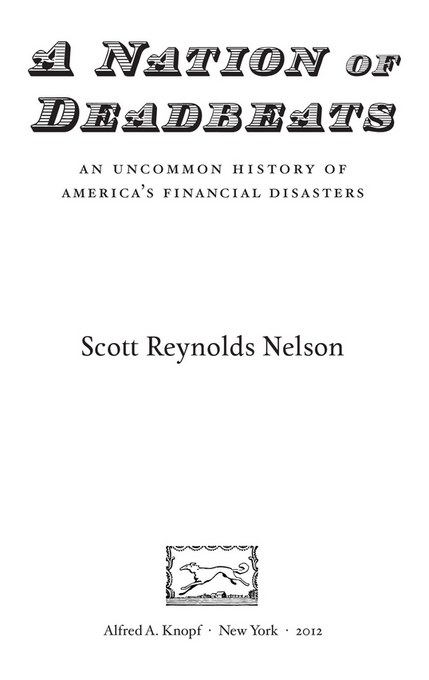THIS IS A BORZOI BOOK
PUBLISHED BY ALFRED A. KNOPF
Copyright 2012 by Scott Reynolds Nelson
All rights reserved. Published in the United States by Alfred A. Knopf, a division of Random House, Inc., New York, and in Canada by Random House of Canada Limited, Toronto.
www.aaknopf.com
Knopf, Borzoi Books, and the colophon are registered trademarks of Random House, Inc.
Library of Congress Cataloging-in-Publication Data
Nelson, Scott Reynolds
A nation of deadbeats : an uncommon history of Americas financial disasters/by Scott Reynolds Nelson.1st ed.
p. cm.
eISBN: 978-0-307-96105-1
1. Financial crisesUnited StatesHistory. 2. RecessionsUnited StatesHistory. 3. DepressionsHistory. 4. United StatesEconomic conditions.
I. Title.
HB 3743. N 45 2012
338.542dc23 2012025264
Jacket image: Jon Berkeley/Ikon Images/Getty Images; (dollar) Hill Street Studios/Blend Images/Getty Images
Jacket design by Darren Haggar
v3.1
Contents
PREFACE
A Republic of Deadbeats
After his first divorce but before he became respectable, my father was a repo man. He did not look the part, which made him all the more effective. He alternately wore a long mustache or a shaggy beard and owned bell-bottoms that were black, blue, and cherry red. His imitation-silk shirts were festooned with city maps, or cartoon characters, or sailing ships. Dad sang in the car, at the top of his lungs, mostly obscure show tunes. His white Dodge Dart had Mach 1 racing stripes that he had lifted from a souped-up Ford Mustang. The deadbeats saw him coming, thats for sure, but they did not understand his profession until he walked into their homes and took away their televisions.
A deadbeat, Dad told me, was a guy whose mouth wrote a check his ass could not cash. They might be rich or poor, young or old, male or female, black or white, but deadbeat was written all over them, and my dad could read it. Floridas Orange, Seminole, and Volusia Counties had plenty of them. And when Dad was working for Woolco, the department store, Woolco got its goods back. Woolco lent appliances to people on the installment plan, and when they failed to pay, ignored the letters and phone calls, refused to answer the door, my father would come by. He often posed as a meter reader or someone with a broken-down car. If he saw a random object lying abandoned in the yard, he would pick it up and bring it to the door as if he were returning it. He was warm and funny, charming, but pushy. He did not carry a gun, but he was fearless under pressure and impervious to verbal abuse. He was earnest about the return of the goods. If the door opened, he was inside; if he was inside, he shortly had his hands on the appliance; the rest was bookkeeping.
As you can imagine, repo men like my father saw people at their worst. He told me that central Florida was full of deadbeatspeople who borrowed and borrowed, then lied, hid from their debts, pretended they were solvent, until the guy in bell-bottoms arrived.
My dad was not inclined to be generous about how people got to this place. His own career in repossession began in late 1973, after the first oil shock brought minor financial catastrophe to central Florida. Dad, in fact, had lost a very good job as a regional sales manager at Kimberly-Clark. Repo man was a sudden and severe step down, but there were debts to pay. At the end of 1973, many central Florida families were drowning in consumer debt they had contracted when times were brighter. In this downturn these people certainly had skin in the game, and it was my dad who did the skinning.
In a certain sense, the story of my dad, Woolcos debtors, and the debts he collected is the story of American history. Americans settled this nation by borrowing goods, land, and more abstract representations of those goodsland warrants, deeds, patents, concessions, and equities. They borrowed with the most optimistic assumptions about their capacity to pay. But when it became clear that Americans were not paying, banks began to doubt wholesalers and called in loans; wholesalers demanded settlement from retailers; retailers sent my dad and thousands like him out into the countryside to recall some portion of their property. Times got hard.
Pundits will tell you that the economic turmoil the nation experienced in 20082009 was the first consumer debt crash, built on junk consumer debt. These debts were in turn packed into collateralized debt obligations, or CDOs, paper representations of debt that could be bought and sold as financial instruments. CDOs, we are told, weakened the overall economy by dressing up bad loans as good ones. In 2005 or so, a banker who dealt in junk debt allegedly said: Give me shit, a blender, and lots of sugar and I will make you a chocolate mousse. In 2008, banks began to figure out just what was in these CDOs. A banking crisis began that brought down multibillion-dollar banking giants like Bear Stearns and Lehman Brothers, as well as causing devastating financial shocks for the thousands of midsized banks and pension funds around the world that held this toxic debt. The federal government, the European Central Bank, and other international government agencies paid for a bailout that has so far cost more than $3 trillion.
The trunk of my fathers Dodge Dart suggests that this story of bad debts was not new. In fact, America has seen numerous periods of similar financial decline, and in most cases consumer debt lay at the heart of it. My dad understood consumer debt intimately; tucked back in his trunk was an accordion file filled with photocopies of signed loan agreements for everyday items such as toaster ovens and stereos. These agreements had allowed Woolworth, the parent company of Woolco, to borrow cash repeatedly. Consumer debt had been the source of Woolworths equitythe basis for Woolworth stocks, for its bonds, for the credit that stereo manufacturers and cosmetics companies provided, and for Woolworths numerous bank credit lines. All of it rested on documents like the agreements in Dads trunk, and most of those debts, he said, were good for nothing.
Many economists and historians have written about past American depressions, panics, and crashes. From the 1880s to the 1950s, these scholars have told the history of the nations economic downturns as the history of banks. This approach was not entirely wrong, but it tended to focus on big personalities or New York institutions. It tended to ignore the farmers, artisans, slaveholders, shopkeepers, and wholesalers whose borrowing had fueled the booms and busts. Then, in the 1960s and 1970s, the so-called New Economic Historians (or cliometricians) came along with a different story. Using state and federal data, they tried to build simple mathematical models of the nations financial health. Moving beyond the saga in which banks played the central role, they emphasized what they termed the real economy, by which they meant measurable indices of growth and profit. Unfortunately, they tended to analyze the data from thirty-five thousand feet, creating a seemingly coherent picture of the entire American economy out of published numbers that were much hazier when viewed up close. These economists sought to estimate such variables as the nations gross domestic product, its gross income, and its collective return on investment, but none of these figures had been measured directly before the 1930s, and the cliometricians projections of this data into the past were all based on approximations.





